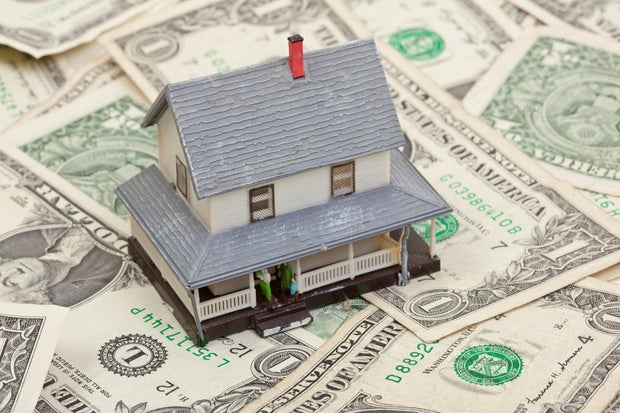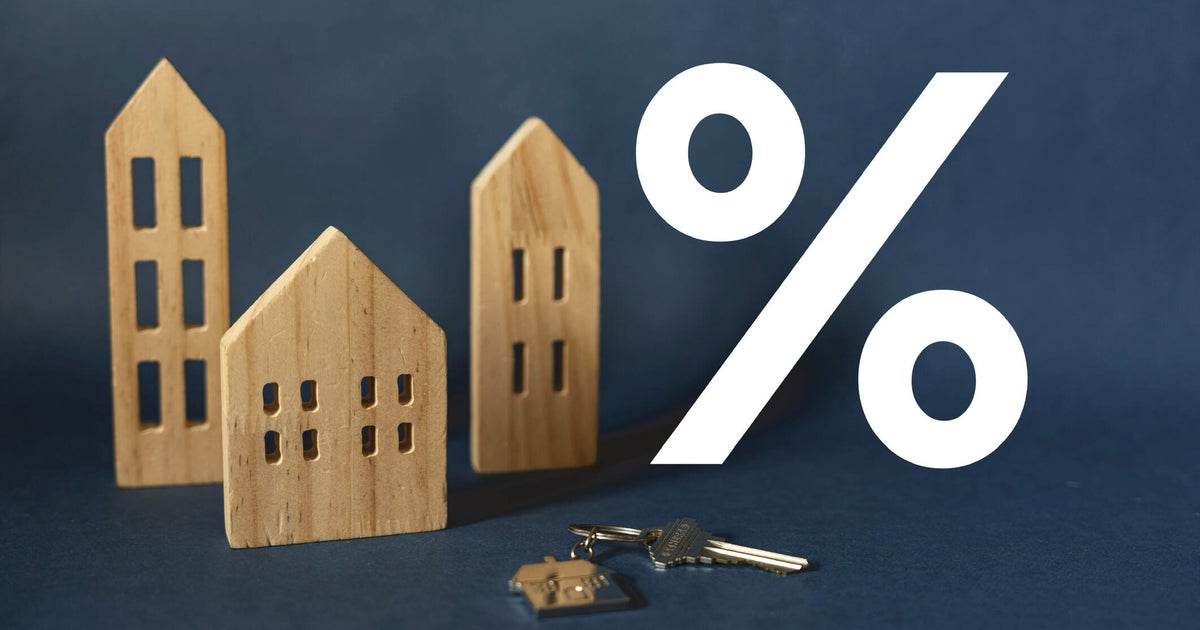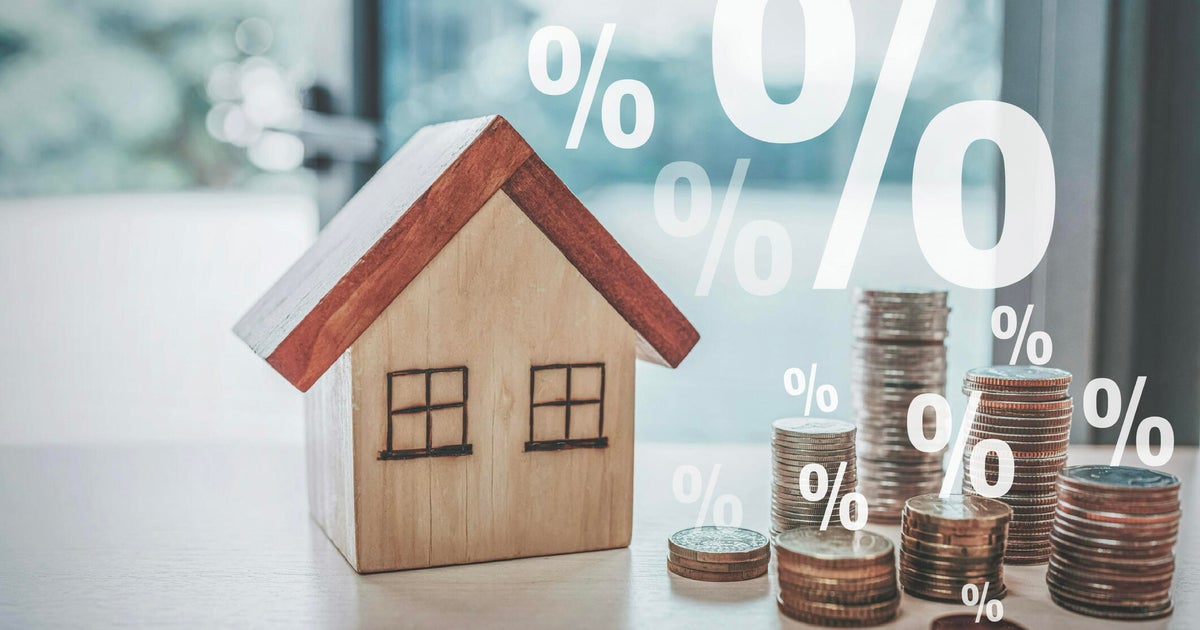Home equity loan vs. cash-out refinance: Which is better?
Many Americans are facing economic challenges, whether that's because of issues like job losses in their industry, rising prices or just general uncertainty about where the economy is heading. Amidst these concerns, some homeowners might be looking to tap into their home equity.
By accessing more cash from their home equity, homeowners can gain the flexibility to navigate difficult situations, such as getting through a period of unemployment. Or you might want the funds for things like home renovations.
That said, tapping into your home equity can come with additional costs, such as the interest paid on the loan, as well as risks, such as potential foreclosure if unable to pay back the loan. But if you're comfortable taking on this debt to gain the benefits of having more cash upfront, then you might consider applying for a home equity loan or a cash-out refinance.
These two popular ways to access your home equity have varying pros and cons, and determining which one is better depends on your situation. Here, we'll take a closer look at both options.
If you think a home equity loan could be beneficial for your situation then start exploring rates and terms here now.
What is a home equity loan?
A home equity loan, often referred to as a second mortgage, is typically a fixed-rate loan that lets you borrow against some of your home equity and receive a lump sum of cash.
This often exists alongside your current mortgage, and the amount of your current mortgage plus your home equity loan can typically add up to around 85% of your home's appraised value, though the exact amounts can vary by lender and your circumstances.
For example, if you have a home valued at $1 million and $500,000 left on your mortgage, you might take out a home equity loan for $350,000, as that would mean you're borrowing 85% of your home's total value.
What is cash-out refinancing?
While a home equity loan can exist alongside your current mortgage, cash-out refinancing generally involves replacing your mortgage with a new, larger loan. The amount you borrow that exceeds your mortgage balance can then be taken as cash.
A cash-out refinance typically has a limit of 80% of your home's value, though that can also vary at times. And the interest rate can either be fixed or variable.
For example, if you have a home valued at $1 million and $500,000 left on your mortgage, you might do a cash-out refinance for $800,000. That money would then be used to pay off your existing mortgage, leaving you with $300,000 in cash.
However, your total debt would then be $800,000, as opposed to the $500,000 you had before. You would be paying interest on the full amount, so that might affect how much cash you decide to take out.
Explore your refinancing options here to see if it makes sense for you.
When it may be better to use a home equity loan
If you're happy with your current mortgage terms but still want to access cash from your home equity, you might be better off using a home equity loan.
Given that interest rates have generally gone up over the past couple of years, your home equity loan interest rate might be significantly higher than your mortgage rate. But that home equity loan would only be a portion of your debt (and it's still likely to be lower than rates on alternatives like credit cards and personal loans). You would still maintain your existing mortgage, rather than fully replacing it with a potentially higher-interest-rate loan via a cash-out refinance.
When it may be better to use a cash-out refinance
If you want to refinance your existing mortgage, such as if you recently took out a mortgage at a higher interest rate than current offers, and you also want to access some of your home equity, then you might be better off with a cash-out refinance.
When doing a cash-out refinance, you might also decide to change your mortgage terms, such as switching to a 15-year rather than a 30-year mortgage to pay off your loan faster.
Cash-out refinances tend to have lower interest rates than home equity loans. However, you'd have to do the math to see what would be more expensive on an overall basis. Compare the total costs of your current mortgage plus a home equity loan, versus the total costs of a cash-out refinance.
The bottom line
Both home equity loans and cash-out refinances can help homeowners access cash, but they can carry additional costs. If you do want to borrow money in one of these ways, consider what the total costs would be, rather than just looking at the headline numbers.
A cash-out refinance might have a lower interest rate than a home equity loan, but it could be more expensive overall if it replaces a low-interest-rate mortgage. In other cases, though, a cash-out refinance might help you adjust to more favorable mortgage terms while giving you additional flexibility by taking cash out.
See what makes sense for your situation and consider speaking with an advisor who can help you weigh different borrowing options.




